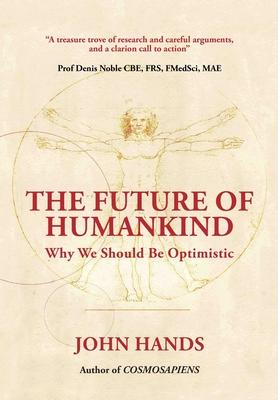Threatened by a global pandemic and by climate change, very many people fear we are facing an existential crisis. The Future of Humankind shows why these fears are unfounded and why we should be optimistic about our long-term future.
It evaluates current major predictions for our future in three categories:
(1) Extinction by natural disasters (including pandemics), by nuclear war or accident, by artificial intelligence, or by population explosion and climate change.
(2) Survival by colonizing space or by extending individual healthspans and achieving immortality.
(3) Transformation by uploading individual minds to computers or holograms.
Although these categories are very different, they have three things in common:
(a) They are speculations starting from the then current level of scientific and technological development.
(b) They have a very low, if not negligible, probability of being realized; in those cases where specific predictions can be tested against outcomes, all have been disproven.
(c) They make the implicit assumption that the future of the human species is determined by the future of individual humans.
By contrast, the unique forecast in this book projects into the future the distinct pattern in the scientific evidence of an accelerating cosmic evolutionary process over some 15 billion years revealed in John Hands's previous book, the award-winning COSMOSAPIENS Human Evolution from the Origin of the Universe.
